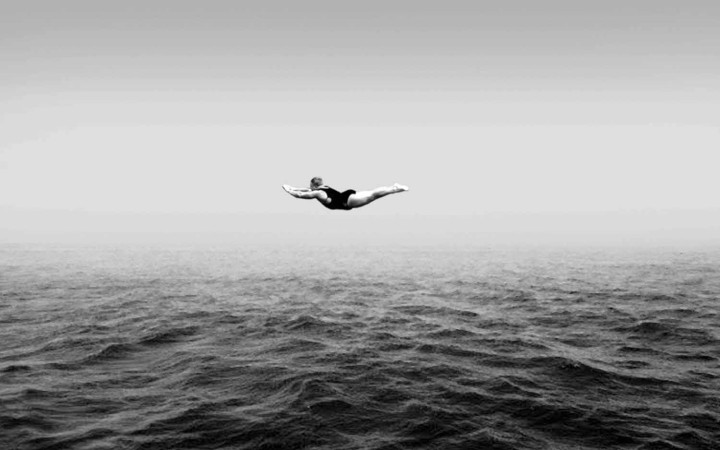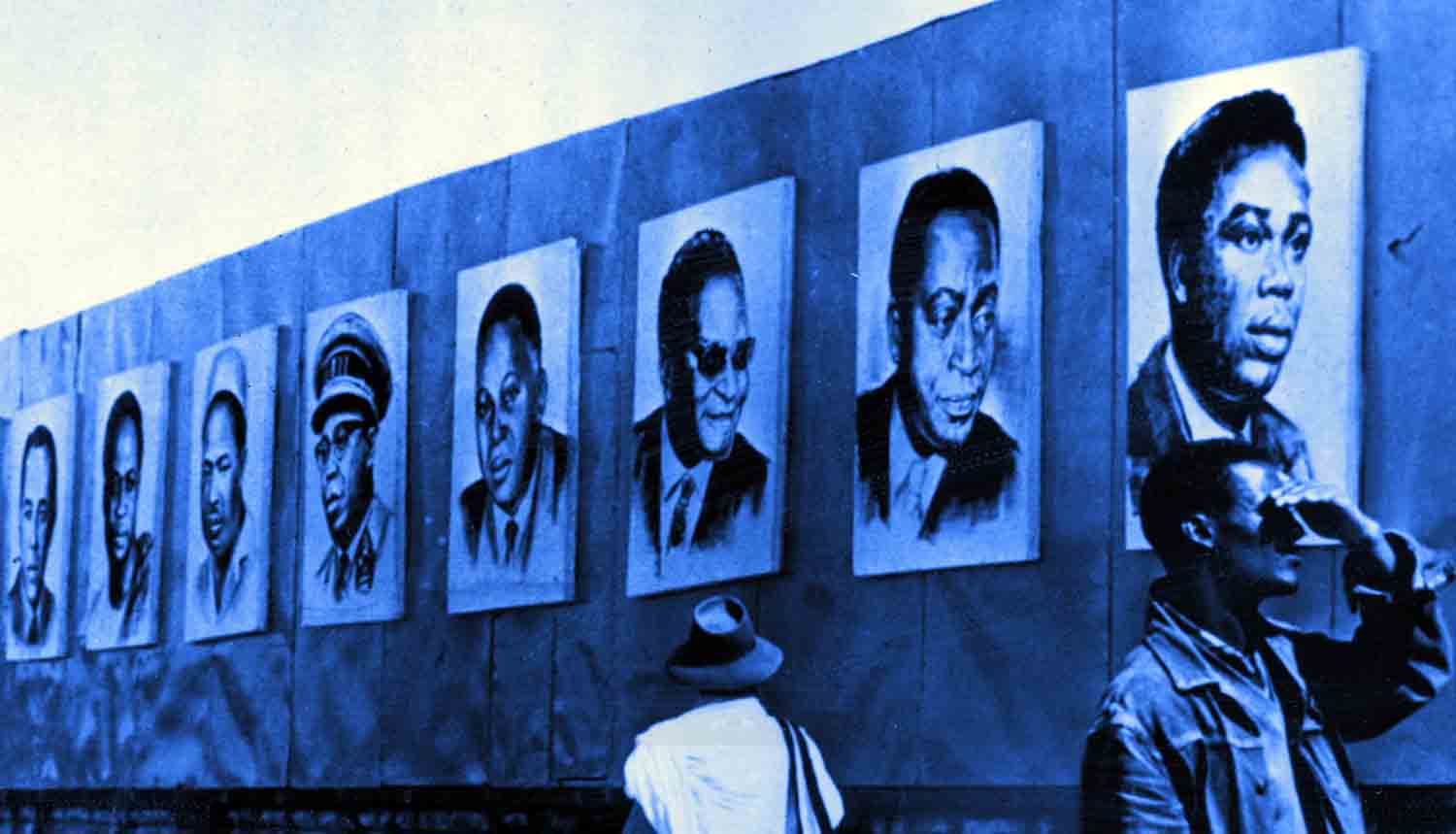Every two years the city of Poznań, Poland, opens up as an international forum for contemporary art. This year’s edition of the Mediations Biennale, titled “Fundamental,” invites participants to give expression to such elementary human values as freedom, identity and religion.
Some featured works take a critical approach to contemporaneity, celebrating the dignity of mankind while looking down upon ideology, violence and manipulation, while others seek to discover common values and universal visions of beauty. All are meant to be presented in dialogue with the places they are set within — such as the castle of Kaiser Wilhelm II, Hitler’s cabinet and a Jesuit monastery — and with works of earlier historical periods, from the collections of the National Museum and the Museum of the Archdiocese of Poznań.
The most intriguing highlights of the program include a show by Belgian artist Peter Puype. His work Iconoclasm — composed of a market stall containing plaster figures of the Virgin Mary, along with a pile of stones for viewers to toss at the statues — created quite a stir in Bruges in 2010. In Poznań, Puype has set up his installation in the former Jesuit chapel. Stoning in today’s Poland can be read as a commentary on the status of women living under a government whose latest legislation is aimed at curbing their freedoms.
Ada Karczmarczyk, who has deemed herself a Catholic pop superstar, also walks a line between evangelical fervor and desecration. Her video works, presented in the Kaiser’s castle, feature the young Polish artist exploiting kitsch and the language of pop culture to promote Christian values.
The National Museum in turn hosts works dealing with identity and patriotism. These include a steel burka by French artist Laure Boulay, and Belgian artist Gery De Smet’s vision of an eagle — Poland’s official emblem — sprinkled with confetti and captioned “There’s No Need for Change.”


